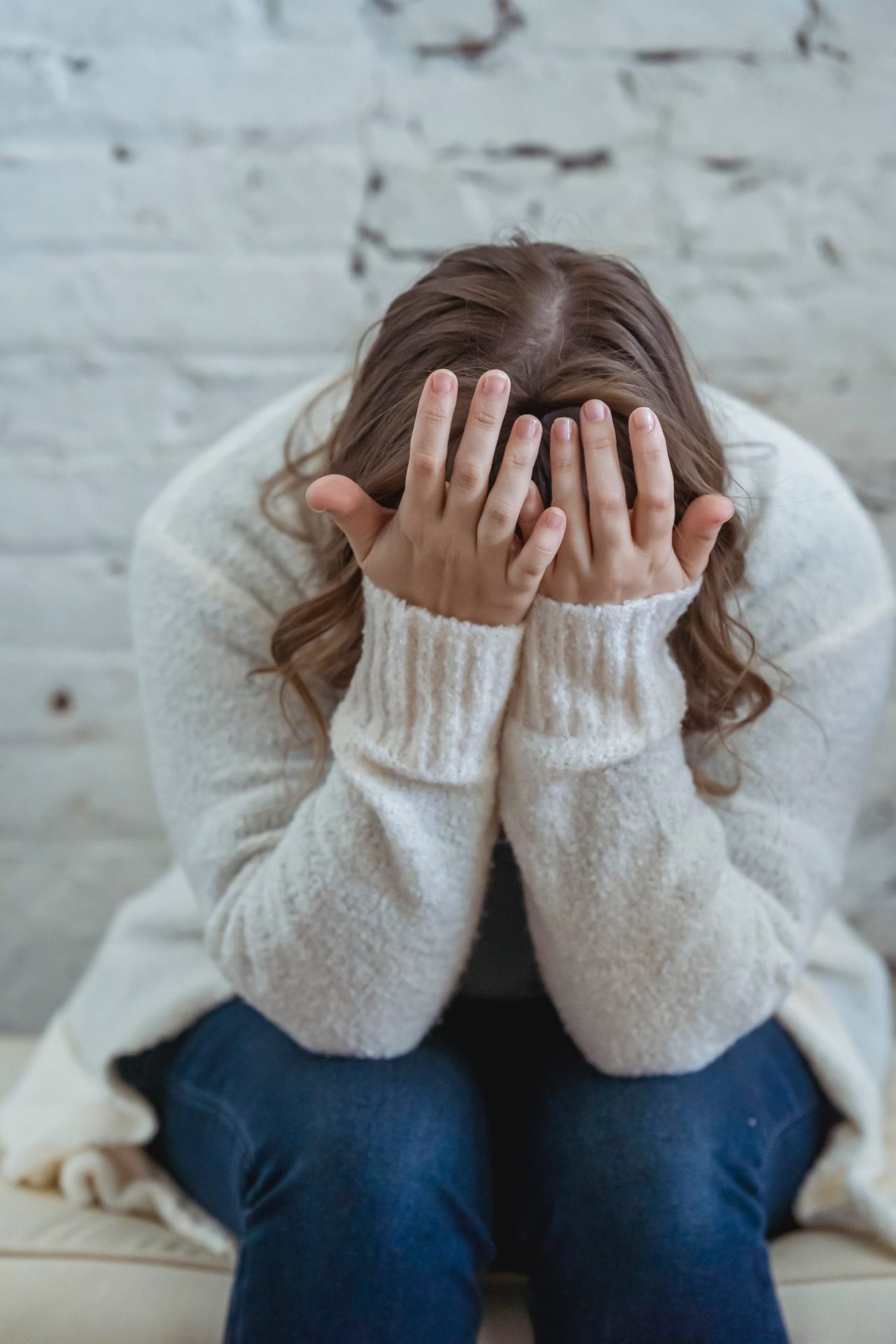
You Don’t Have To Validate Your Grief To Anyone—Not Even Yourself
Death has no regard for us.
It has no regard for our individual timelines, our feelings, our preparation. Oftentimes death comes unexpectedly and without warning, giving us no chance to say goodbye. Sometimes death comes early, and when it does, it waits for no one. Death has no consideration for the plans of the person it takes with it. Perhaps they just bought their first house, had a kid, or got married; no matter the circumstances, death pays no mind. Recently I’ve learned that when we unexpectedly lose someone, especially if they’re young and close to our own age, it hits a little closer to home. An unexpected illness, a car crash, or whatever the reason for our loved one leaving this world may be, it slaps us in the face just the same.
A couple months ago, one of my good friends died unexpectedly. I’ve heard the typical “only the good die young” and “God has a plan” a million times, and honestly, until it happened to someone I love, I believed that to be true. I’m experiencing each stage of grief in my own way, as everyone does. There is no handbook for grief, as grief often makes no logical sense. The most random moments trigger the biggest waves of emotion. You flip-flop back and forth between anger to sadness, acceptance and even back to denial at times. But there’s one stage I wasn’t expecting and a feeling no one warned me about.
A specific feeling of guilt I had yet to experience. And a strange sense of shame, embarrassment, and discomfort.
For a while, I felt guilty for feeling his death so deeply. For grieving so hard over someone that I didn’t even talk to every day, someone I had only gotten close to within the past few months. Guilty for crying over him when I felt there were people who had more of a right to cry, people who “had it worse”. I felt shame and embarrassment about how hard I cried. I felt odd, like some sort of weirdo, for how often he crossed my mind. I felt like some kind of overdramatic fraud for being so angry at the world, for being angry at God, for allowing this one thing to completely transform me as a person, to shift everything I knew. I felt as if I had no right to be so intensely affected.
But eventually, over time, I realized that was all absolute bullshit.
Grief often rewires our brain. It’s a scientific fact that losing someone we love changes us to our core. Although they may have not been your closest friend, their death has every right to, and most likely will make a huge impact on your life. And you do not have to justify that to anyone, including yourself. You do not need to prove how close they were to you, to explain why and how they had the ability to alter your reality so greatly. Sometimes the death of someone who wasn’t all that close to you may just be the one that shakes up your entire life and makes you question everything you knew, or thought you knew, to challenge your faith and change the way you see this world forever.
It’s perfectly okay to not be okay, or to think you’re okay and then it all hits you again on a random Tuesday afternoon with the same intensity as it did when you first found out. It’s okay to shout at the sky, to sob loudly, to be angry at everything and at nothing at all. It’s okay to reminisce on memories, to scream songs that remind you of them, to think of them often, to talk to them as if they’re still here. To look for signs that they’re still with you—in my personal opinion, they are. And finally, it is okay to be happy without them here, and to not feel guilty for doing so.
When you lose someone, no matter the level of friendship or closeness between you, you begin to view the world in a different light. You look up and around more often, appreciate sunsets with more gratitude, take more pictures, notice the little things, and cling to the ones who are still here just a little tighter.
I know there will be someone out there that resonates with this. So listen up and listen closely: You do not have to validate your grief. You do not have to rationalize your feelings, not for yourself or anyone else for that matter.
In loving memory of Dylan Lee Hanks.
